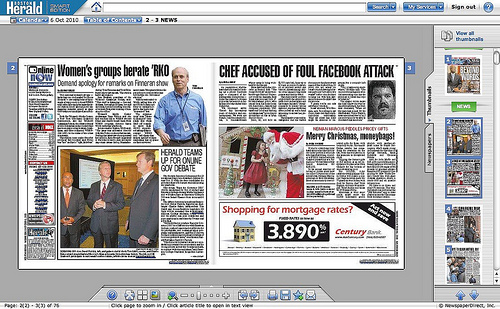 When the word came down Tuesday night that Patrice Tierney, wife of U.S. Rep. John Tierney, would plead guilty to federal tax-fraud charges, many of us political junkies were dumbstruck. With exotic elements like $7 million in illicit foreign gambling profits and a ne’er-do-well brother holed up in Antigua, it was not your typical political scandal.
When the word came down Tuesday night that Patrice Tierney, wife of U.S. Rep. John Tierney, would plead guilty to federal tax-fraud charges, many of us political junkies were dumbstruck. With exotic elements like $7 million in illicit foreign gambling profits and a ne’er-do-well brother holed up in Antigua, it was not your typical political scandal.
Today’s news that Suzanne Bump, the Democratic candidate for state auditor, has tax problems of her own may prove to be more important come Election Day. More about that in a moment. First, back to the Tierneys.
Republicans and the media are both calling on Tierney, a Salem Democrat, to reveal what he knew and when he knew it with regard to his wife’s tax woes. They’re absolutely right. As soon as possible, Tierney should sit down for a wide-ranging news conference and answer any and all questions. And woe be to him if any of those answers turn out to fall short of full disclosure.
But the media have an independent role here, too, and I hope they are working on it even as I write this. For me, the big question is whether the Tierney scandal resulted in any taxes being unpaid. It would appear that it did not.
Based on the stories I’ve seen, it seems that Patrice Tierney’s crime consisted of accurately reporting her brother’s income, but labeling it as legal commissions rather than as ill-gotten gains. Congressman Tierney said in a statement that “there are not any allegations of any income-tax loss to the government.” Nor are federal prosecutors seeking any sort of restitution. Along with the question of the congressman’s involvement, that is the big issue the media should be investigating.
Will this endanger Tierney’s re-election prospects? Put it this way: North Shore Republicans are eating their collective heart out that their candidate isn’t Essex County Sheriff Frank Cousins or former congressman Peter Torkildsen, whom Tierney defeated in 1996.
Instead, Tierney is facing William Hudak, an extremist who has compared President Obama to Osama bin Laden and who has flirted with the birther movement, which believes Obama is not a natural-born citizen of the United States and is thus ineligible to serve as president. For good measure, Hudak’s campaign wrongly claimed last winter that U.S. Sen. Scott Brown had endorsed him.
Unless there are more Tierney-related bombshells, it is still difficult to imagine a Hudak victory.
The Bump matter, though it does not involve anything as spectacular as federal charges and foreign intrigue, is likely to have a more deleterious effect on her campaign for state auditor. A veteran political figure who most recently served in Gov. Deval Patrick’s cabinet, she was caught claiming both Great Barrington and Boston as her principal residence, saving more than $6,000 in Boston property taxes.
The story, which appears on the front page of today’s Globe, was reported by my Northeastern colleague Walter Robinson’s students. Bump insists she did nothing wrong, but the state Department of Revenue says otherwise.
The difference between Bump and Tierney is that Bump’s actions, whether legal or not, definitely cost taxpayers. They raise serious questions about her ability to act as a watchdog over how state agencies spend our money.
What’s more, the Republican candidate, Mary Z. Connaughton, is credible and visible. As a former member of the Massachusetts Turnpike Authority, she was an outspoken advocate for cracking down on runaway spending at the Big Dig. Moreover, if it looks like Democrats are going to do well on Nov. 2 (no sure thing), a lot of voters — even Democrats — may want to elect a Republican to keep an eye on the books.
The paradox of the Tierney and Bump stories is that the more serious matter is less likely to have an effect on the election. More broadly, though, both stories put Democrats on the defensive at a time when they can least afford it.




